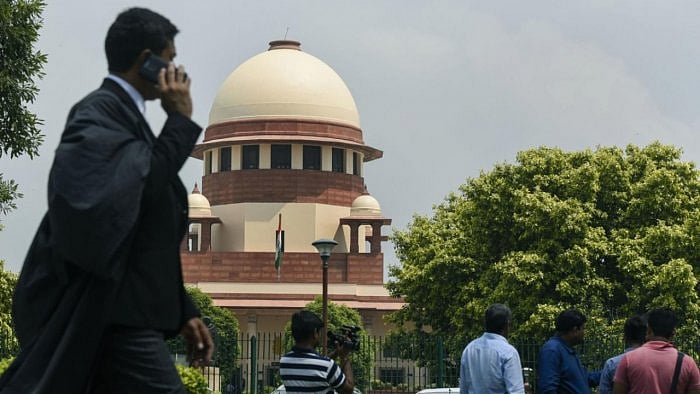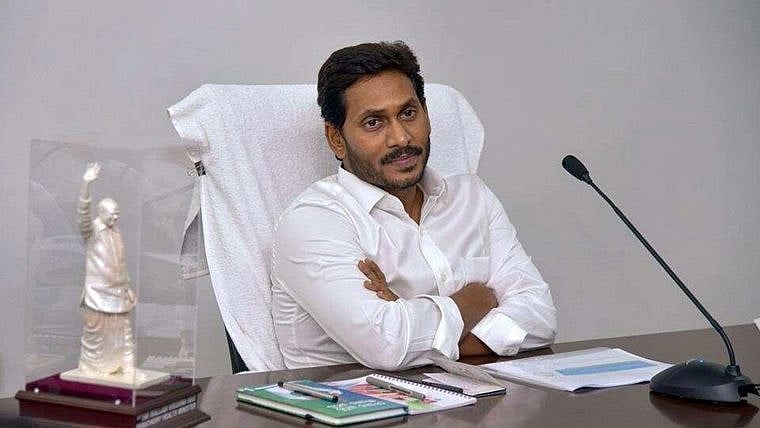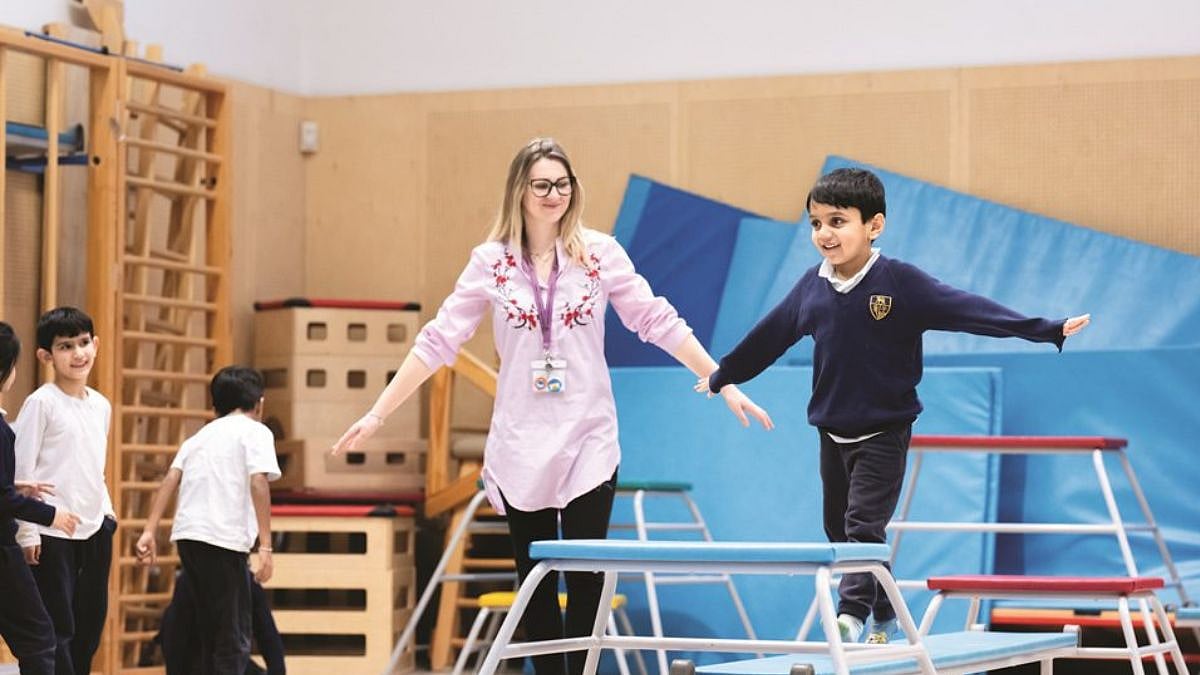Do you foresee a grand shortage of teachers and educators in India and globally?
Well, the truth is teacher shortage has been a problem for a long time. The teaching profession has been perennially plagued by shortages for decades now. This is getting worse. Two years ago, till Covid came, the US had quoted a shortage of around 1,50,000 teachers. At the latest, we are talking about a shortage of 3,50,000 in the US alone. India currently faces a shortage of around 1.1 million teachers. According to the United Nations and World Bank, by 2030, there will be a requirement of almost 78 million. So, see there is a grand shortage of teachers and educators, in India and across the globe. The major problem or the bigger problem is that there are no sources currently that can produce so many teachers from around the world. That’s where Suraasa has been trying to focus.
Is the word ‘nobility’ still attached to teachers?
Nobility was the main point with which the teaching profession was sold earlier. I am using the word sold intentionally because that’s how you attract people to a new thing or a new profession. As we needed more teachers, we ensured that the right people were reaching the profession. However, what changed was the benefits that came with the teaching profession. It is a hard profession. In the name of nobility, we kept decreasing what teachers would get — the recognition they deserve, the pay packages they deserve, the perks they deserve. It all kept going down. Now, what has happened is the word nobility has remained and it has now become a bane for teachers rather than a boon. This is not letting youngsters come into the teaching profession.
Do your courses reach rural India?
You see, we don’t have an excess of highly qualified teachers. So, if there is an area where we don’t have highly qualified teachers or people who do not have teaching qualifications or diplomas or all those courses like what we offer. It’s still okay to have somebody to take students’ life ahead, to make students’ learning happen, and take their learning journey ahead.
Can we do something so that all of those teachers become skilled and you know they can impact it in a better way? Yes, of course. And the governments have been trying to do that. In our case, we are trying to bring a huge change in how people perceive teaching and teachers. For that, we have to look at the early adopters and innovators right now. Hence, we are starting with English and we want to first be able to deliver it in English to a level and then go to the vernacular languages and other things.
There was a time when only government-educated teachers were considered teachers. Has that changed?
We are talking about the need and the scale with which education has grown and private people are coming into education. Education has always been a state responsibility. When I say the state, I don’t mean the states of India but the government’s responsibility. Hence, initially, most of the universities and schools were set up by the government. But when there was a need for many more skilling institutions to come in, we saw private players enter — universities, schools, and various parts of the education system.
So, yes there was a time when only government institutions and colleges were doing teacher education. Fast forward to 2005 or 2010, with private schools growing, the requirement grew exponentially. There was a requirement of private colleges and universities that could skill those teachers. However, the problem is many of those institutions have not been able to deliver what they promised, which has become a concern. It was unheard of that an Indian teacher gets a package of 64 Lakhs per annum and is going to the US - just like how a software engineer would be going. But our teachers have done that.
Is teaching as much as the delivery as knowledge?
A good question again. I am sure you have seen a stand-up comedy show — online or offline. We go there, enjoy ourselves, and come back. But do we remember everything that the person said and do we implement it anywhere? No, right? That’s what happens when somebody is a good orator but does not back it up with the right skills or the technical skills of teaching. A good orator can throw light on a particular topic or give you information on that. However, teaching is not just about giving information, there is information available on the internet that you search for.

Teaching is more than that. It’s about understanding a child’s psychology, understanding what ignites somebody’s need for learning, and it’s about giving them the right content in the right way. It’s not just about speaking but knowing when to stop and making the other person speak. Oratory skills alone can’t do that, right? Then there is assessing the learner, knowing what the child has understood, and helping the learner grow. Being a good orator or having background knowledge about a topic and speaking about it, is not considered teaching anymore. It might have been, once upon a time.
Do you see a gender divide among those who want to be educators? Is it still more towards women and fewer men?
To be honest, it is directly connected to what teaching has been tagged as a profession. People who want to have relaxed jobs or don’t want to work for the entire day, feel that they could do this in the morning and something else in the evening, and they want to pick up teaching. The idea is when they reach there, they realise it is not easy or feel they can still manage a 9-2 or 8-3 kind of thing. But they don’t put in the right effort or input into teaching. Now, what has happened is that people who are looking for a part-time job have started going towards teaching. It has become stereotyped. So, the part-time requirement for a married woman, let’s say, is to become a teacher.

The other stereotype that has been created around teaching is the thought that women are more compassionate and nurturing. So many men do a wonderful job when it comes to compassion, taking care of somebody, or nurturing someone. But then, that stereotype has also mandated teaching a gender-specific profession. The reality is we are building generations of people who have been nurtured and educated majorly by women and they have not been able to understand the masculine side of the world. That balance is continuously depleting. At Suraasa, we are striving to empower teachers at a level that is accepted as a mainstream profession and more men taking up teaching. So that our next generations can see the world from feminine and masculine perspectives; that’s how we want to create a balance.
In India, once a teacher is always a teacher. There is little upgradation of skills, comment?
This used to be true before. There was a time when people didn’t spend time, or money or put in the effort in developing new skills. People now have to dedicate a couple of hours to professional development and in many countries, it is not efficient or coherent, and not measured with a focus. But I think with NEP 2020 coming in, there are focused learning tracks that the government has defined that a teacher has to take depending on what part of the school system they are teaching in. With all of that, the concept that once you become a teacher you don’t need to do anything else doesn’t work anymore. People are updating themselves continuously.

Do you think schools, like colleges, also need ‘subject-specialised’ teachers?
A good question again, let me answer it from a different perspective. The objective and the outcome expected in a school and university are completely different. The main objective of school education is to impart basic knowledge in every field. Then there is exposure to specialisation in subjects. It’s not about making somebody an expert in the field. While, in a university, if somebody is interested in mathematics or mathematical models, they can learn with statisticians or with statistical experts who can help them with how mathematical models or tools could be used. In schools, somebody would be learning the basics, which would not be around the latest research happening in a particular field. I am not saying it cannot be done, it can be done to create enough curiosity. But the major work is to build basics of different subjects and I think till the time teachers can spend enough time to learn about their field, about their subject continuously, we don’t need much of industry coming in and teaching the students. Because that is not the outcome or the objective of school education.
Aren’t your courses more suited for those who can afford it?
Some people have the intention and time and want to do their research and learn by themselves. There is enough material available online that somebody can learn everything that we teach on their own. Now, this might be counter-intuitive to say, as a business owner. But believe me, things are available online. Then there is the second type of people who have the money, they don’t have the time. Or they have money but don’t have the time to research and just want somebody to collect the right information at the right time.
Do institutions approach you or teachers directly?
Today, we work with teachers majorly; we don’t work with schools. When schools come to us, as a mark of respect, we give them a course at a discount, which they can share with their teachers. But they still have to come themselves and register directly because that is what would work for them. We don’t want to work with schools, to be honest, because the idea is to create an impact in the lives of teachers who are serious about training themselves in life. We want to create resources and learning experiences for people who have invested in themselves. That is why, when we work with schools, we are talking to a group of 50 or 100 people, out of which only 10-20% are interested in whatever they’re doing. Based on that we are only interested in inviting only highly motivated teachers on the platform and we train them. Then after looking at them, other people feel encouraged and register directly with us.
Is there any feedback from the kind of work you have done so far?
As the founder and CEO of the organization, this is close to my heart. This is followed by when we have helped them in getting outstanding placements or outcomes that they joined our courses for. Then we stay in touch with them. We also reach out to our school partners who hired these teachers and ask them for feedback — on whether our teachers have been able to create an impact in their schools or not. We then ask the teachers to participate in our Teacher Impact Awards. To participate, they have to share their work and the impact their work has created in classrooms. Based on that, we give them awards, recognition, and other things. We continuously make sure that whatever we teach our learners they can implement it and get results out of that. That’s how we do it.













